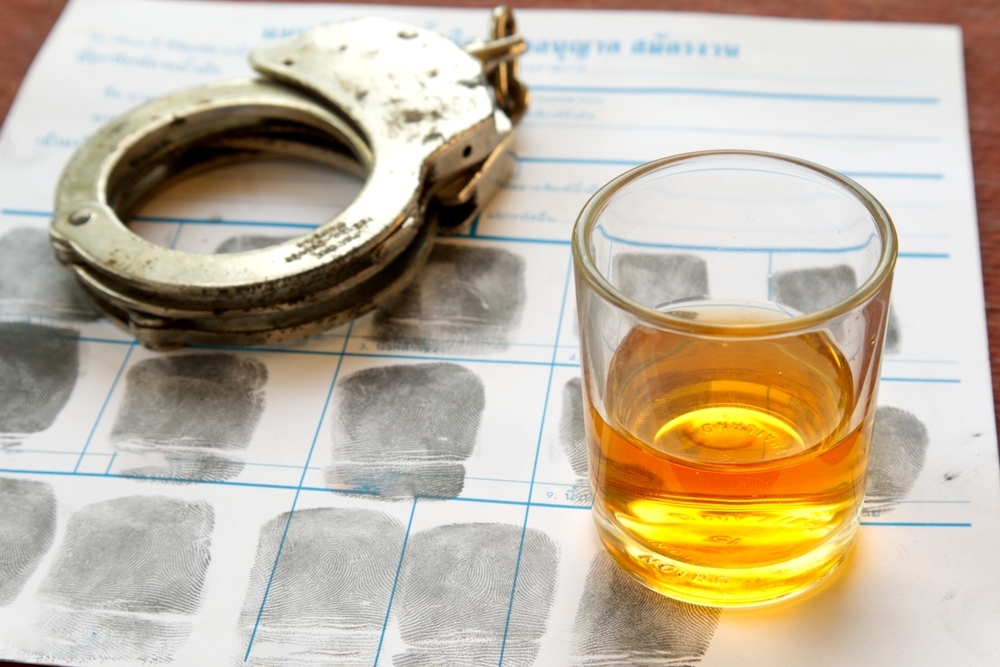
Public intoxication may seem like a minor transgression, especially if you've responsibly decided not to drink and drive. However, if you find yourself arrested or fined for being under the influence in a public space, the gravity of the situation becomes immediately apparent. This article aims to shed light on the complexities surrounding the public intoxication laws in Pennsylvania, why it's far from a trivial matter, and how our legal experts at van der Veen, Hartshorn, Levin & Lindheim can provide you with a robust defense.
What Does Pennsylvania Law Say About Public Intoxication?
Pennsylvania state law has specific guidelines concerning public intoxication. According to these regulations, two primary elements must be present for an individual to be charged with this offense: being under the influence of alcohol or illegal prescription drugs, and being located in a public area. However, it's crucial to note that your actions can also play a role. Creating a disturbance, causing annoyance, or jeopardizing your well-being or that of others may factor into a public intoxication charge. While causing a disturbance alone is not a criminal offense, it often serves as an ancillary consideration during legal proceedings.
Evidence Required to Prove Public Intoxication
To charge someone with public intoxication, law enforcement personnel must personally observe the individual under the influence of alcohol or drugs in a public setting. Exiting a bar exuberantly, for example, could draw the attention of a patrolling officer.
It's the role of your legal representation to challenge such observations and present viable defenses. For instance, an individual exhibiting lively behavior may be mistaken for someone who's inebriated, when they might just be naturally exuberant or joyful.
Related Offenses
Public intoxication often accompanies other legal issues that could further complicate your situation. These might include:
- Open Container Laws: Possessing an open container of alcohol in public spaces is usually illegal and can compound public intoxication charges.
- Disorderly Conduct: Loud, disruptive behavior can result in additional charges and exacerbate your legal predicaments.
Understanding the related offenses can be crucial in developing an effective legal strategy, which underscores the importance of competent legal representation.
Financial Consequences and Reputational Damage
Being convicted of public intoxication in Pennsylvania is not without its financial burdens. First-time offenders could face fines of up to $1,000. The economic toll is compounded by the potentially lasting reputational damage you could suffer, especially if your case becomes public knowledge or is poorly managed legally.
Importance of Legal Representation
Securing qualified legal representation is not just a wise choice; it's an imperative one. An experienced criminal defense attorney can sift through the nuances of the law, counter the prosecution’s evidence, and work on affirmative defenses that can potentially refute your charges. At van der Veen, Hartshorn, Levin & Lindheim, we excel in creating personalized defense strategies tailored to the unique circumstances of your case.
FAQ Section
1. What is the legal limit for public intoxication in Pennsylvania?
There is no specific "legal limit" like there is for DUIs; the criteria are more subjective and depend on observed behavior and circumstance.
2. Can I be arrested for public intoxication even if I'm not causing a disturbance?
Yes, you can be arrested if you are found to be under the influence of alcohol or illegal drugs in a public place, regardless of whether you're causing a disturbance.
3. What constitutes a 'public place' under Pennsylvania law?
A 'public place' generally includes areas that are open and accessible to the general public, such as streets, parks, and commercial establishments like bars and restaurants.
4. Can public intoxication affect my employment?
While a public intoxication charge is generally a summary offense, it could potentially affect employment opportunities, especially if your job involves a security clearance, operating heavy machinery, or responsibilities that require a clean criminal record.
5. How do subsequent offenses impact the penalties?
In Pennsylvania, penalties for public intoxication can escalate with subsequent offenses, including higher fines and even jail time in some circumstances.
6. Is public intoxication considered a criminal offense?
Yes, public intoxication is a criminal offense under Pennsylvania law. Though generally considered a summary offense, it still requires legal attention to mitigate potential penalties and long-term consequences.
Contact van der Veen, Hartshorn, Levin & Lindheim Today For a Free Consultation About Your Public Intoxication Charge
If you find yourself facing public intoxication charges, don't leave your fate and reputation to chance. At van der Veen, Hartshorn, Levin & Lindheim we'll utilize our extensive knowledge and resources to give you the best chance at a favorable outcome.
Public intoxication is not a "minor" charge—it has legal and reputational implications that can affect various facets of your life. Don't let a criminal charge derail your life. Trust the team that combines expertise, personal attention, and an unwavering commitment to your defense. Reach out to us today for a consultation and take the first step towards securing your future.
